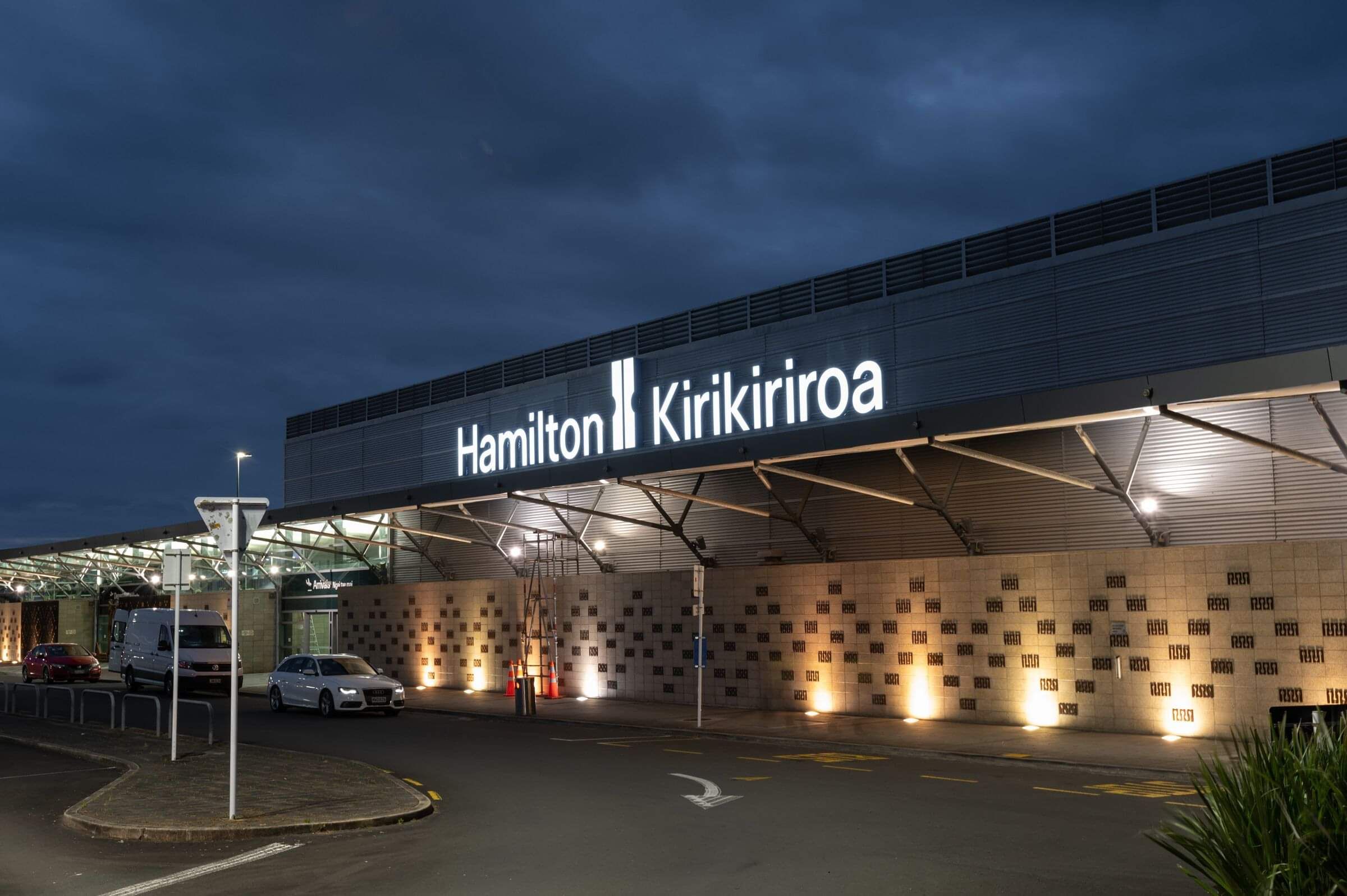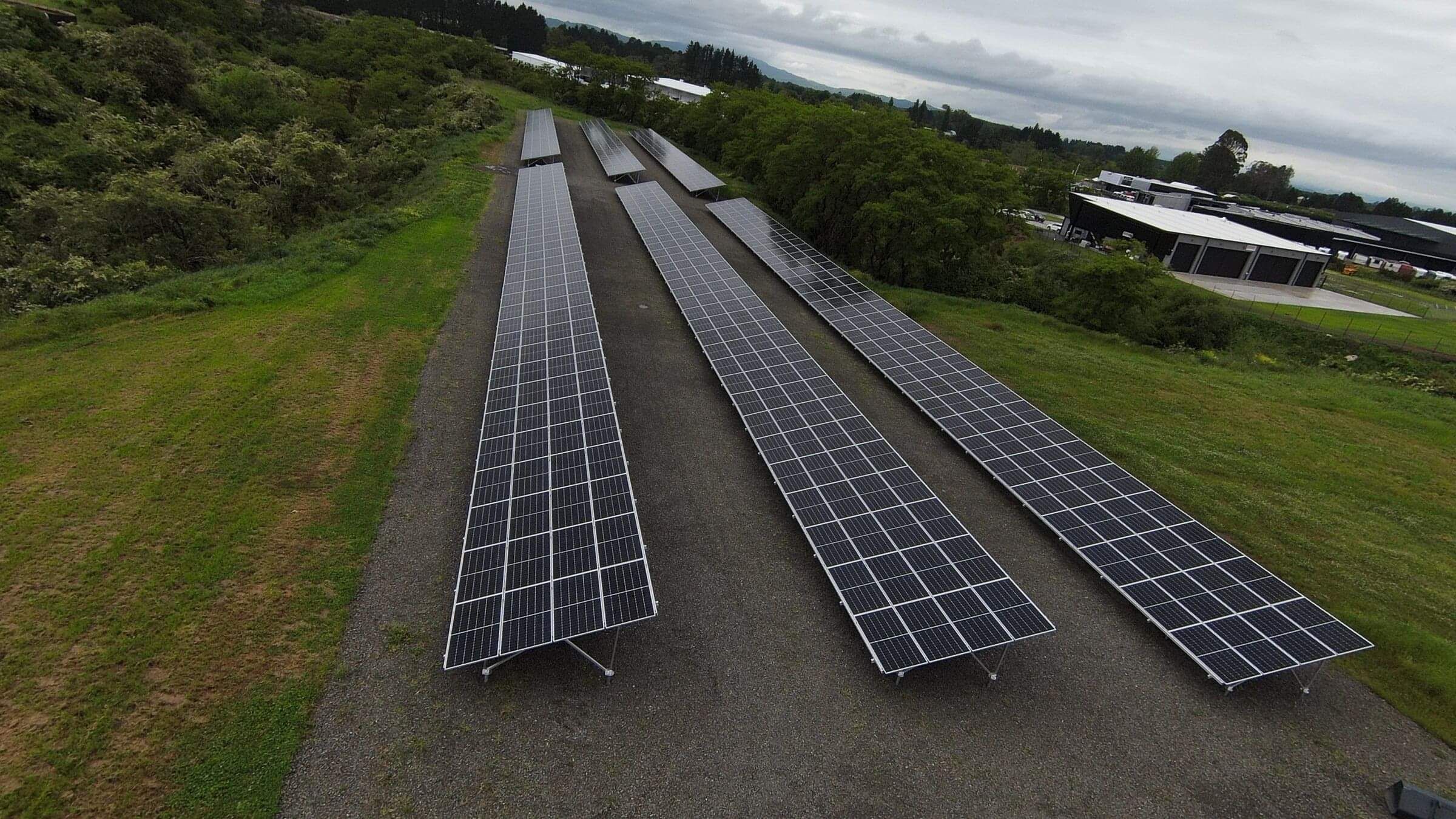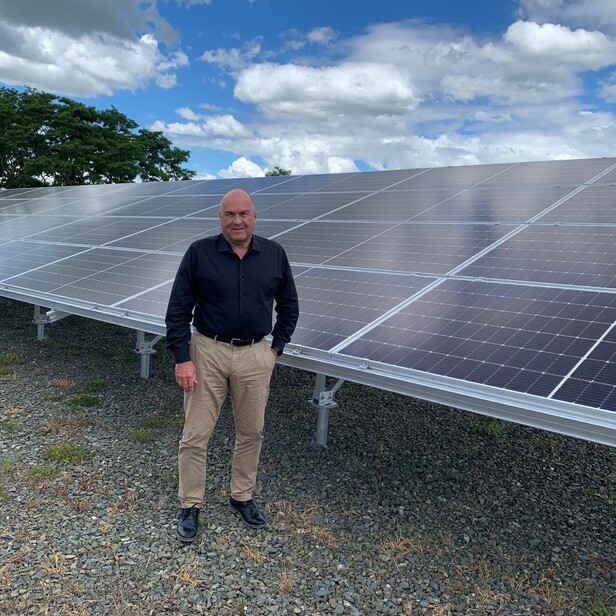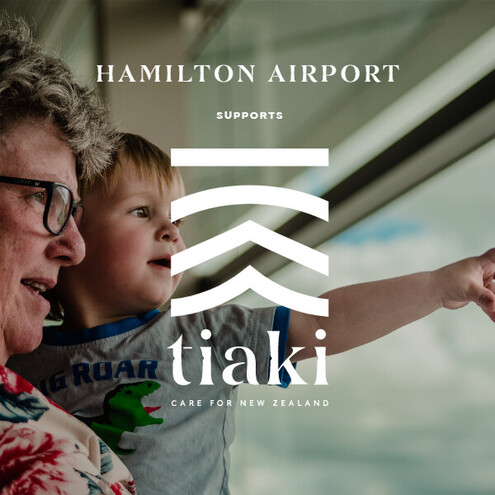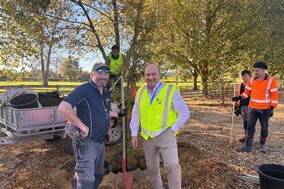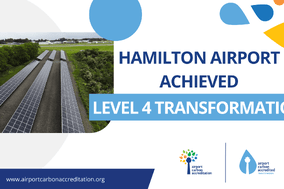Our commitment to the environment and to our future
Hamilton Airport is the vital gateway to the Mighty Waikato, with all it's incredible beauty, rich agriculture and world class attractions. A place where regions come together, pathways cross and connections are formed.
We are committed to the long-term good of our environment, living by the principles of guardianship (kaitiakitanga) and sustainability as core team values and key themes. We act locally and think globally, with a commitment to net zero carbon emission by 2050. Environmental sustainability is an important consideration in all we do here at Hamilton Airport.
We align ourselves with the Tiaki Promise, which is an acknowledgement of the special connection we hold with the land we come from and our duty of care to protect that. The Tiaki Promise is a commitment to care for New Zealand - for now and for future generations.
We look forward to taking you along with us on our sustainability journey.
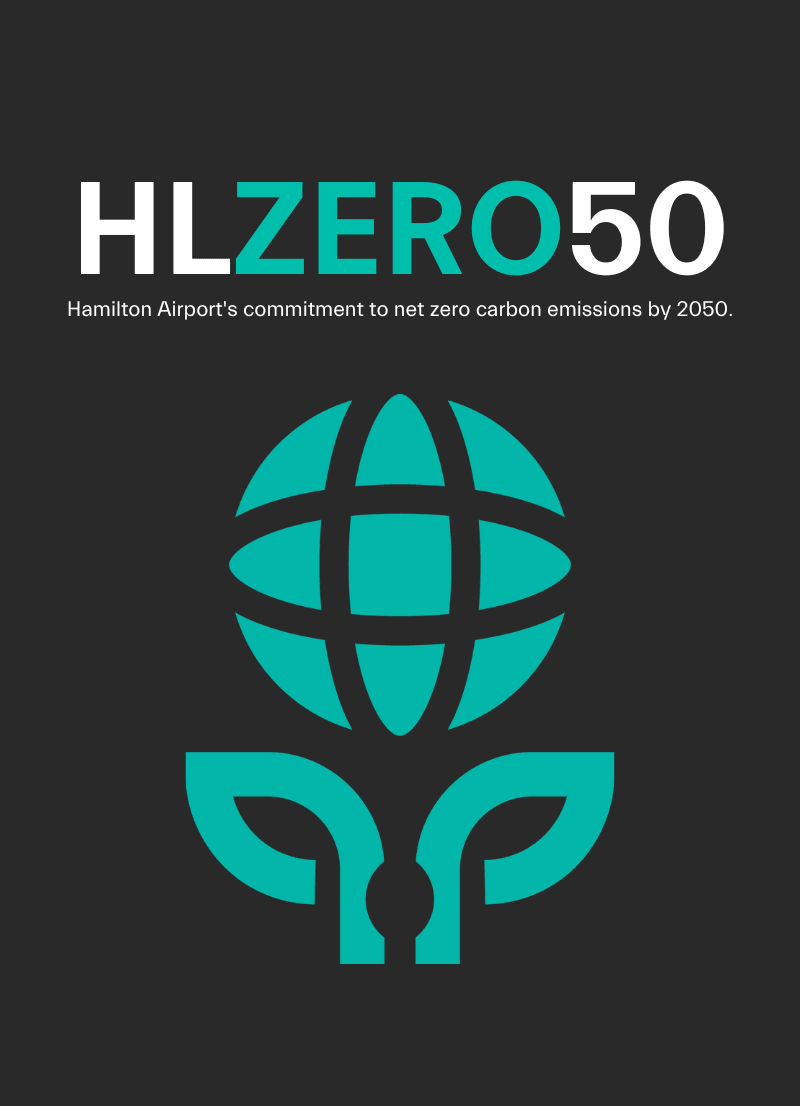
HLZERO50
Hamilton Airport (HLZ) is committed to achieving net zero carbon emissions by 2050.
We are committed to acting sustainably to protect our taiao (environment) for future generations, in a way that respects and references our past.
HOW?
By reducing:
Waste | Energy | Fuel consumption | Water use | Greenhouse gas
By ensuring all our business and strategic property decisions have our environment and our future at the forefront.
Our Sustainable Development Goals (SDG's)
Hamilton Airport supports the United Nations Sustainable Development Goal’s (SDG’s), by working collaboratively to deliver change.
The SDG selection process involved looking across Hamilton Airport’s and the WRAL group operations to ensure all areas were included up and down the value chain. SDGs were then ranked according to the positive impacts Hamilton Airport can work to improve (e.g., SDG #3 increases the well-being of our staff), and the negative impacts Hamilton Airport can reduce (e.g., SDG #9: the amount of waste sent to landfill.) Both positive and negative impact areas represent risks to Hamilton Airports’ current and future operations.
The long-term impacts of climate change and other sustainability indicators present a business risk with regards to operations for example:
- fuel use
- financial with regards to investment and reporting
- physical impacts like flooding and extreme weather Hamilton Airport wants to be recognised for proactively following best practice in the industry, where staff and
customers recognise that we value environmental and well-being concerns.
- reputational and being seen to be part of the solution
The Sustainable Development Goals (SDGs), launched in 2015 at the United Nations, are a global partnership towards a 2030 sustainability agenda: 17 global objectives to eliminate poverty, improve education and health outcomes, create better jobs, and tackle environmental challenges everywhere by 2030. At the same time, it is also important that the SDGs resonate within different cultures, aligned with local beliefs and traditions, to ensure the broad engagement needed to achieve the Goals. Hamilton Airport are embracing the SDGs in alignment with our organisational values.
WRAL have chosen the following six SDG’s because they align with our strategic themes and company values. It is recognised within the aviation industry with: International Civil Aviation Organisation (ICAO) linking with 15 of the 17 SDG’s.
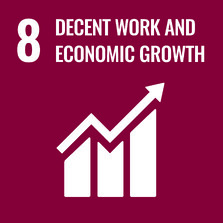
Decent work & economic growthPromote inclusive and sustainable economic growth, employment, and decent work for all.

Industry, innovation & infrastructureBuild resilient infrastructure, promote inclusive and sustainable industrialisation and foster innovation.
Our accreditations/affiliations
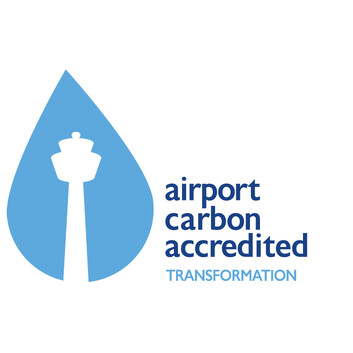
Airport Carbon AccreditationWe are delighted to have achieved Level 4, Transformation accreditation under the globally recognised Airport Carbon Accreditation programme. This level required us to transform our airport operations and work with our business partners to achieve absolute emissions reductions.

instep Gold CertificationIn early 2022, we achieved gold certification under instep's carbon and sustainability programme.
Our brand story
Hamilton Kirikiriroa Airport, a waharoa, a vital gateway.
A place where regions come together, pathways cross and connections are formed.
We're fiercely, proudly mana Waikato.
We unite people through manaakitanga, care and unity.
Our pulse flows from the waters of the awa, into the whenua that surrounds it, back through time and forward into the future.
People and commerce fly in and out of our gateway, carrying cultural and economic life beyond our borders, enriching our communities.
We're master planning Te Ara - our pathway to tomorrow - where innovation, fast-paced growth and sustainable practices will propel our region to greatness.
Kia Ora and welcome to Hamilton Airport: a vibrant hub with a rich history and a bold future.
The Tiaki Promise
In New Zealand, we feel a special connection with the land we come from and a duty of care is instilled in us from a young age. The Tiaki Promise is a commitment to care for New Zealand. For now, and for future generations. We invite all who come here to follow our Tiaki Promise to care for our future by helping to protect our land, our sea and our culture.
Hamilton Airport has joined the commitment to protect our beautiful New Zealand - why don't you? Click the button below to join - it's easy! Watch a quick video here.
Carbon Emission Reduction Policy
Hamilton Airport is committed to the long-term good of our environment, living by the principles of guardianship (kaitiakitanga) and sustainability as core team values and key themes in all company strategy documents.
We are passionate about protecting the environment, minimising the use of natural resources and improving the quality of life for our community. We continually challenge ourselves to seek out, develop and implement new processes that make our business more sustainable.
As a company, we accept the role carbon dioxide and other greenhouse gases play in climate change. We also believe in the science behind climate change and have committed to lower emissions and work with our suppliers, customers and the wider economy to reduce or eliminate fossil fuels.
